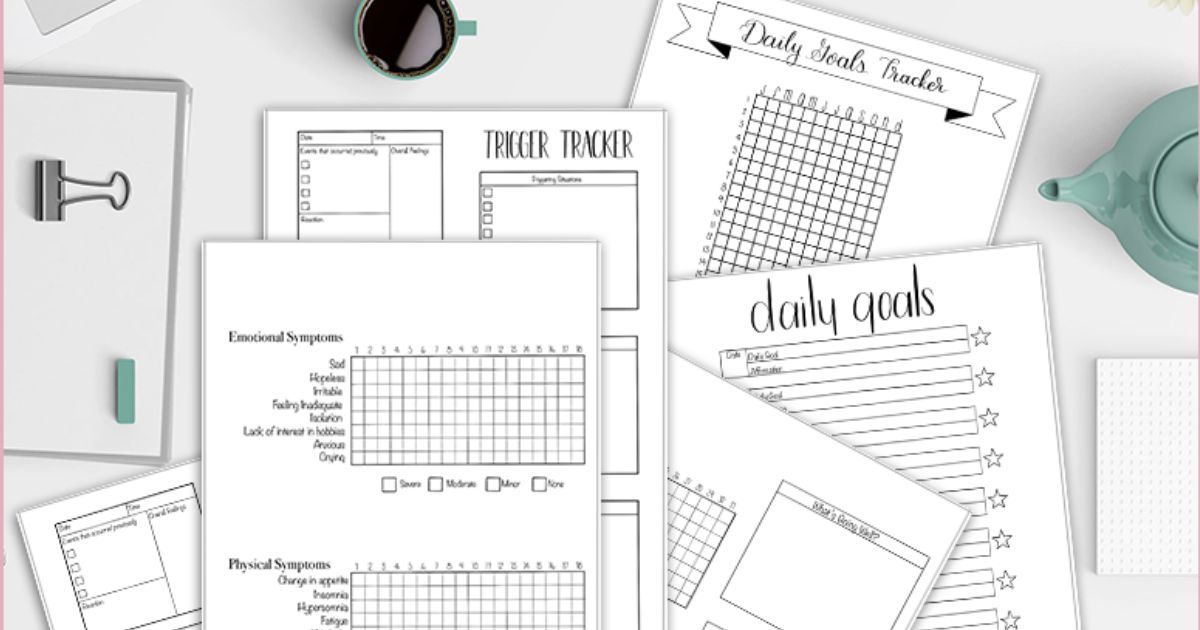Understanding the Concept of a Pain Diary
In Mumbai city bustling, a thirty five year old woman found respite through an unconventional but powerful method in dealing with chronic anxiety.
The psychiatrist looking after her, Dr Sagar Mundada, introduced her to this innovative approach- keeping a “pain diary”.
It is quite unique since it involves using colors and strokes that depict one’s emotions and mood on a particular day.
It is through such canvas that one can capture the various intensities of distress in one’s emotional landscape.
After several weeks of consistent entries some patterns began to show up which were of valuable insights into the woman’s emotional struggles’/understanding.
Dr Mundada points out that this creative expression has transformative power emphasizing its role in self-awareness and self-control.
Painting acts as a safe haven where emotions are complex and cannot be expressed verbally.
Understanding the Pain Diary in Mental Health Management
While traditionally associated with documenting physical pain, a pain diary acquires new meaning when seen within the context of mental health; however, this is not so for physical pain only but also mental well-being.
In fact, in terms of emotional well-being, having a pain diary is an effective means to manage emotions since they are never straightforward.
Writing in your pain diary isn’t just another chore; it is actually an august act that helps modulate your mental health condition positively.
As such, it gives them adequate room to directly express their emotions and feelings in order for them to move forward emotionally.
Through reflection on these entries people become more aware of their behaviors and realize so many triggers even patterns which influence their lives most of the times.
The Role of Pain Diaries in Mental Health Conditions
Recording the pain or emotional distress involved with certain mental health conditions like depression anxiety and post-traumatic stress disorder (PTSD) can contribute immensely towards self-care and managing one’s state of mind.
Contributing to Self –awareness through Record-keeping
On the other hand, when one records pain or emotional distress in a diary, it entails reflecting on their experiences.
With time these entries may become a pattern that one can use to gain insights regarding mental health factors.
Hence, such self-awareness is essential as it helps in making informed choices about mental condition and supporting where necessary.
Starting a Pain Diary for Mental Health: Tips for Success
Therefore, there are several tips that could help one maintain an effective pain diary while dealing with their mental health.
1. Honesty and Openness
Being non-judgmental is crucial since this pain diary is a very personal tool to them. They use it as a vehicle where they do not have to pretend to be something they are not and express all of their thoughts and feelings without fear.
2. Consistency is Key
This will provide a full picture of mental health through regular recording of thoughts and emotions.
In any case, an individual’s consistency allows tracking changes over time so that the evolution of his/her emotional state can be observed.
3. Use it as a Tool for Growth
A pain diary is not just meant to document sorrow; it is used as a device for making amends.
One should therefore take time to reflect on each journal entry, identify areas of improvement and acknowledge progress made in emotional management.
A Canvas for Healing
Amidst Mumbai’s buzzing metropolis, chronic anxiety turned into healing through paint strokes by the woman herself.
Dr Sagar Mundada came up with this innovative idea which helped the woman discover herself better and control her emotions smarter in life through pain diary.
In physical health, the pain diary, which was previously immured, now surfaces as an effective tool for managing mental health.
It surpasses usual methods by giving individuals creative and non-linguistic means of maneuvering through their own feelings.
The pain diary is a demonstration of how far unusual approaches to mental health can go in the field of creative expression.




























